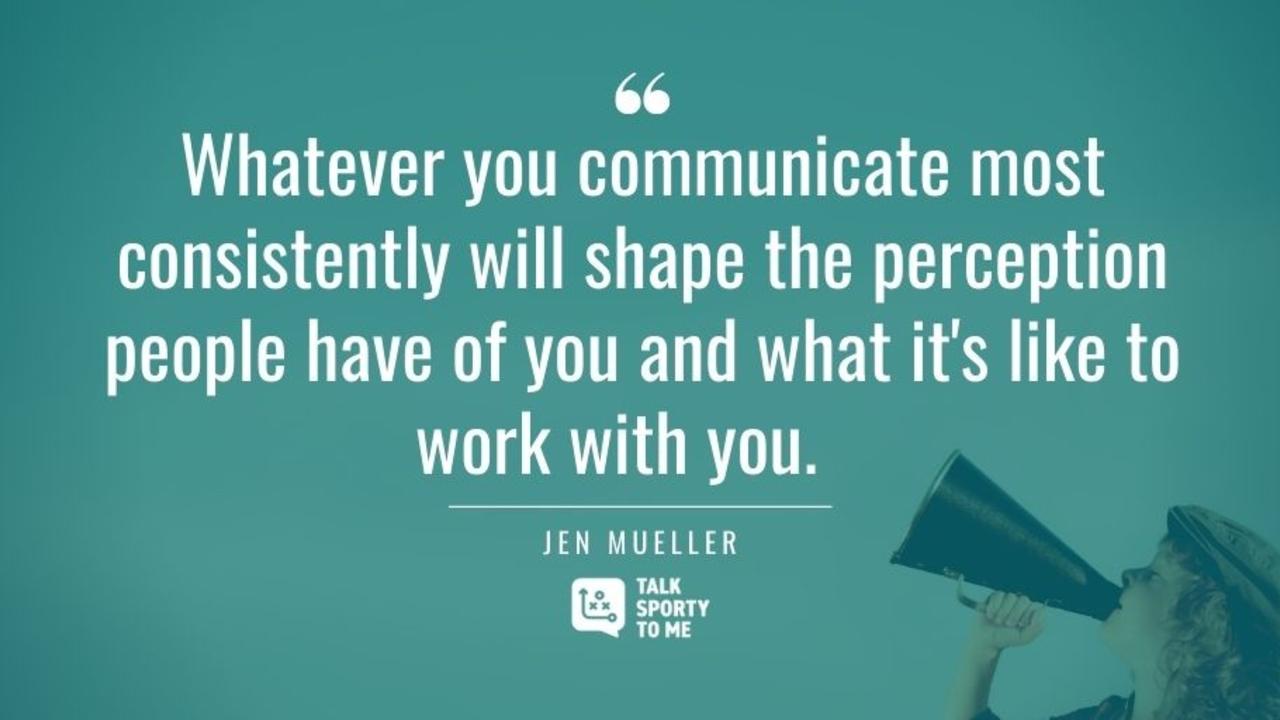Communicate Consistently and Control Your Emotions
Oct 11, 2020
There are a number of conversation skills that impact your ability to be an effective communicator.
Controlling your emotions is one of those skills.
You can be convicted, passionate and well-intentioned but if you can’t control your emotions while conveying those sentiments the message you’re trying to convey will get lost in the emotion you display.
I realize emotions get the best of us sometimes and sometimes you just need to vent and get something off your chest. I also know that whatever you communicate most consistently will shape the perception people have of you and what it’s like to work with you.
For example, If you’re an unbearable jerk after your football team loses, you’re not going to be able to convince colleagues that won’t be your response to a poor outcome at work.
That’s the easy example. Sports always is.
Which is why sports small talk is a good place to practice the conversation skills you need in bigger moments because all of the bigger moments in your life and your career will fall somewhere on the spectrum of success and failure, and there is emotion attached to those outcomes.
Let me put it to you this way: If I can’t trust you to keep your emotions in check when $h!t hits the fan, I’m going to be less inclined to want to work with you. If I expect you to get on your soapbox every time someone shares a different viewpoint, I’m going to be less likely to believe you’re able to collaborate and value different perspectives.
This is not to say you should bottle it up your feelings and never show emotion. You are entitled to feel the way you feel. Just remember the way you communicate those feelings affects how people think about you, not your feelings on that subject, but you in general.





